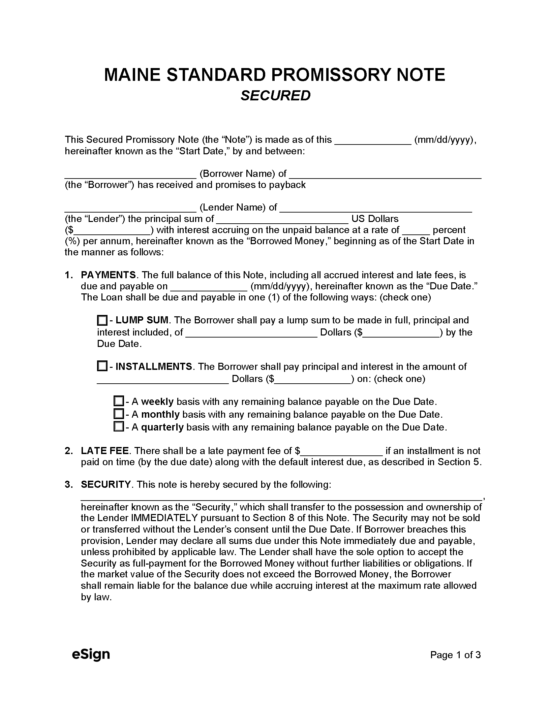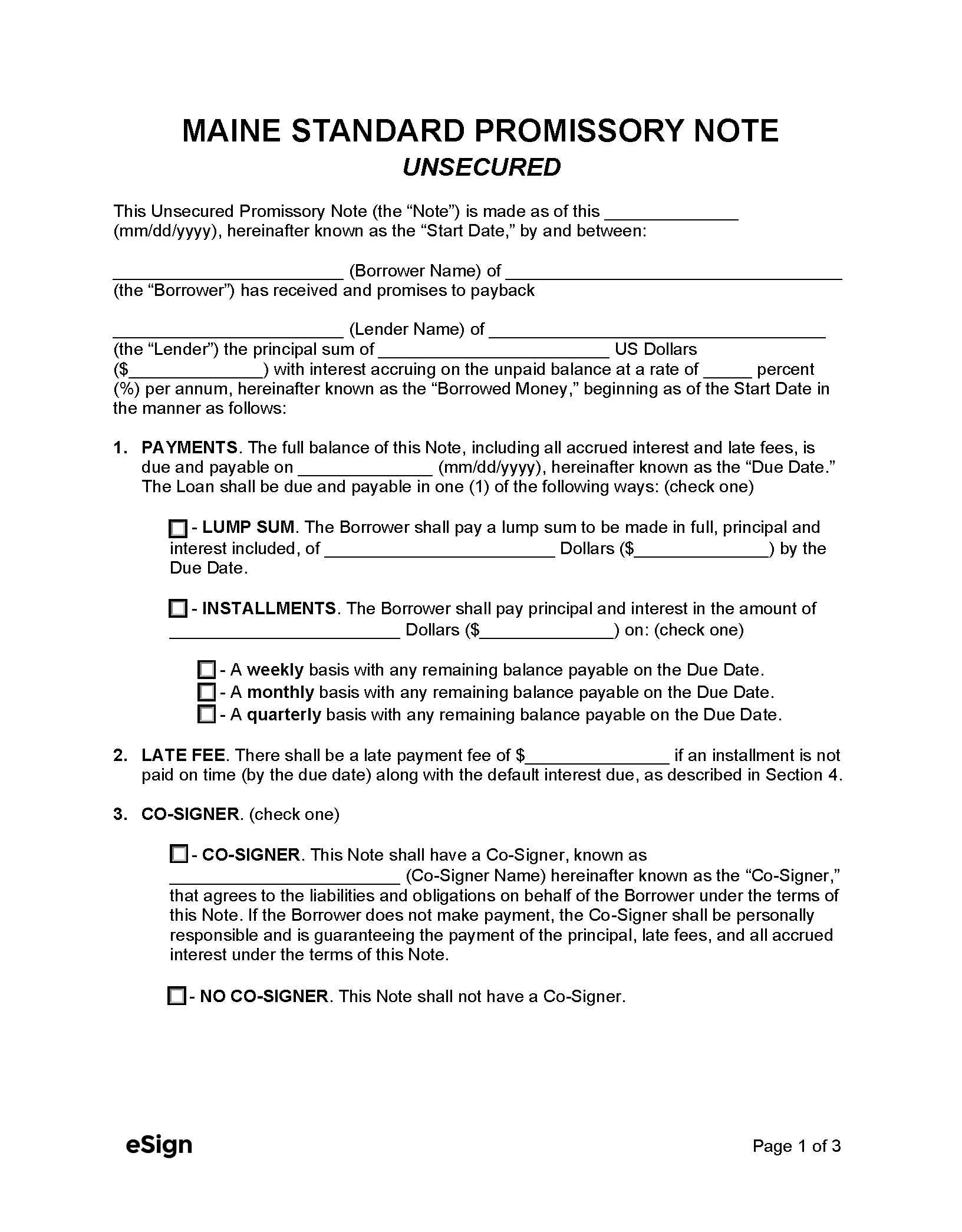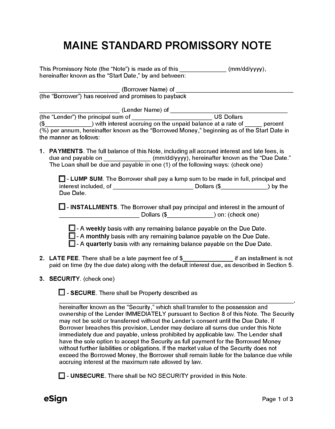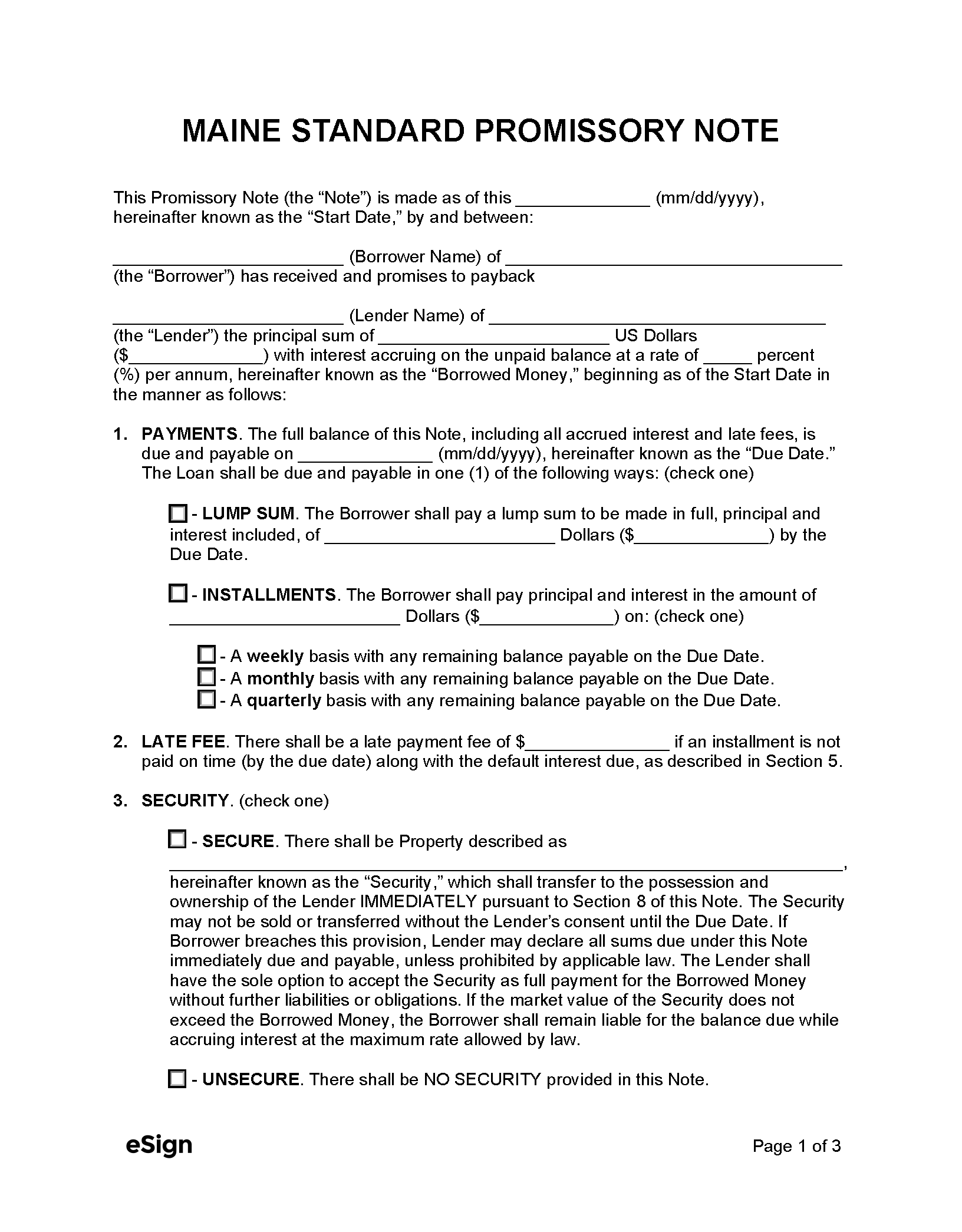Types (2)

Download: PDF, Word (.docx), OpenDocument

Download: PDF, Word (.docx), OpenDocument
Laws
- Interest & Usury Laws: Title 9-B § 432 & Title 9-A, Art. 2
- Usury Rate for Written Loans by Financial Institution (§ 432(1)): No stated maximum.
- Usury Rate for Non-Written Loans by Financial Institution (§ 432(1)): 6%
- Usury Rate for Consumer Loans (§ 2-401(2)): *The finance charge for a consumer loan cannot exceed the following:
- 30% on the unpaid balance for loans $2,000 or less.
- 24% on the unpaid balance for loans more than $2,000 but less than $4,000.
- 18% on the unpaid balance for loans more than $4,000.
- 18% on the entire loan amount for loans more than $8,000.
- Usury Rate for Pawnbrokers (§ 3963(1)): 25% per month for loans $500 or less; 20% for loans more than $500.
- Usury Rate for Prejudgment Interest (§ 1602-B): The one-year United States Treasury bill rate + 3%, unless there is a contract or note establishing a different rate.
- Usury Rate for Postjudgment Interest (§ 1602-C): The interest rate cannot exceed the greater of the following:
- The one-year United States Treasury bill rate + 6%; or
- The rate established in any contract or note.
*Consumer loans rates do not apply to the following transactions:

